Berlin, Germany February 17, (V7N) - Germany’s election campaign entered its final week on Monday, with tensions running high following controversial remarks by US Vice President JD Vance that appeared to endorse the far-right Alternative for Germany (AfD). The comments have sparked nationwide protests and intensified debates among leading candidates, as the country prepares to head to the polls on February 23.
Speaking at the Munich Security Conference last week, Vance called on Germany to abandon its long-standing taboo against including the far right in government, stating there was "no room for firewalls." His remarks drew sharp criticism from German political leaders and brought tens of thousands of demonstrators to the streets of Berlin on Sunday.
Chancellor Olaf Scholz, whose centre-left coalition collapsed six months ago, leading to the snap election, condemned Vance’s comments as "unacceptable." Scholz reiterated his stance against cooperating with the far right, saying, "There is no cooperation with the extreme right."
Friedrich Merz, the conservative CDU candidate currently leading in the polls with around 30 percent support, also rejected Vance’s intervention. "I will not allow an American vice president to tell me who I can talk to here in Germany," Merz declared during a televised debate. "I will not tolerate such interference in our elections or coalition negotiations."
The AfD, which has seen its support surge to around 20 percent in recent polls, welcomed Vance’s remarks. Party leader Alice Weidel praised the US vice president for having "spoken out so clearly."
"We must not build firewalls to exclude millions of voters from the outset — we have to talk to each other," Weidel said during Sunday’s TV debate, the first to feature an AfD politician. Her performance resonated with 18 percent of viewers, tying her with Robert Habeck of the Greens, according to a poll by RTL.
The AfD’s rise has been fueled by a bitter national debate on migration, following a series of high-profile attacks blamed on asylum seekers. The most recent incident, a car-ramming attack in Munich last week that killed a two-year-old girl and her mother and injured 37 others, has further polarized the electorate.
Undecided Voters and Final Push
With around 30 percent of voters still undecided, candidates are pulling out all the stops in the final days of campaigning. Sunday’s TV debate saw Merz emerge as the most convincing candidate, with 32 percent of viewers favoring his performance, followed by Scholz at 25 percent.
The election, originally scheduled for later in the year, was brought forward after Scholz’s coalition government collapsed over disagreements on budget balancing. Since then, the campaign has been dominated by heated discussions on migration, security, and Germany’s role in Europe.
Ukraine War and Transatlantic Tensions
The campaign’s final week coincides with growing tensions between Europe and the United States over the Ukraine war. US President Donald Trump’s decision to sideline European leaders in recent talks with Russian President Vladimir Putin has raised concerns in Berlin.
Chancellor Scholz emphasized that Europe must have a seat at the table in any negotiations on Ukraine. "No decisions will be made over its (Kyiv's) head — we Europeans will not allow that," he said.
Trump’s special envoy to Ukraine, Keith Kellogg, has indicated that Europe would not be directly involved in talks but would still have "input." However, Scholz insisted that Europe must play a central role in shaping its own security guarantees.
END/WD/RH/



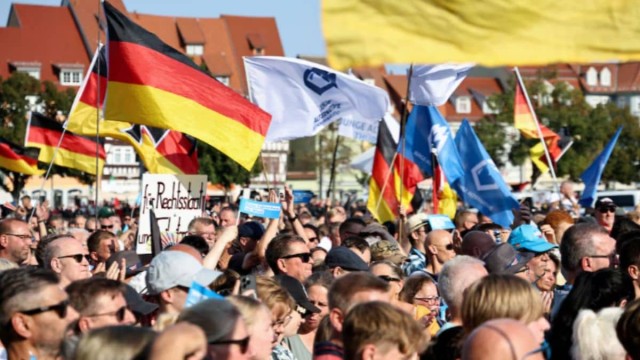
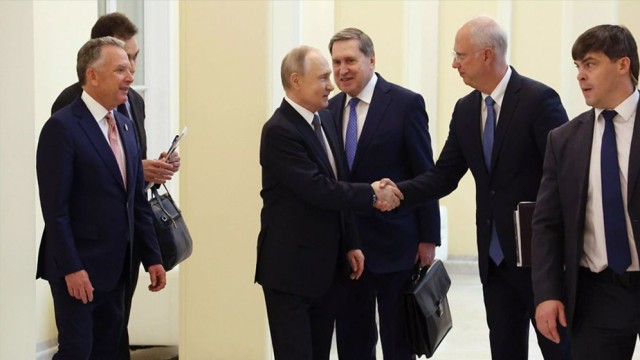
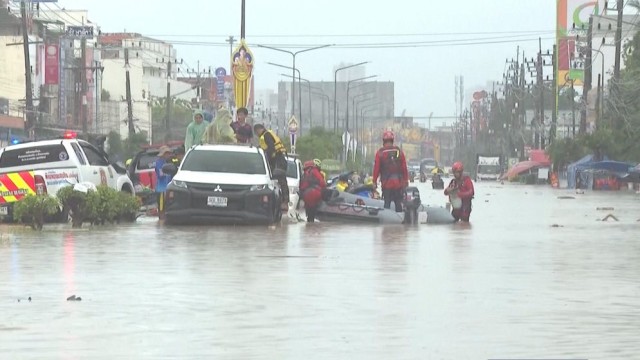
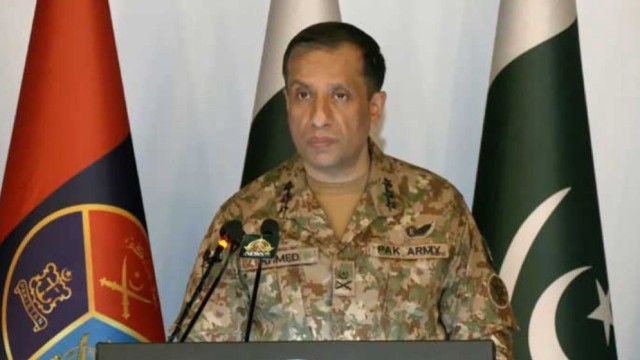
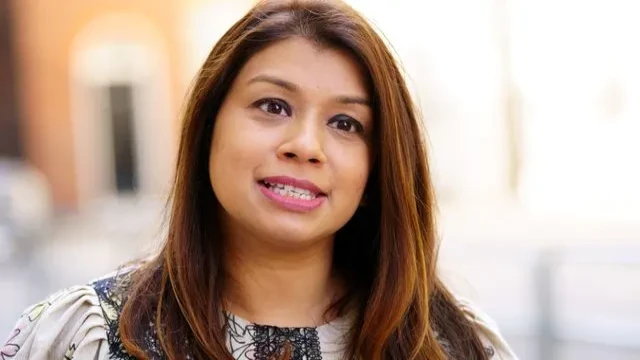

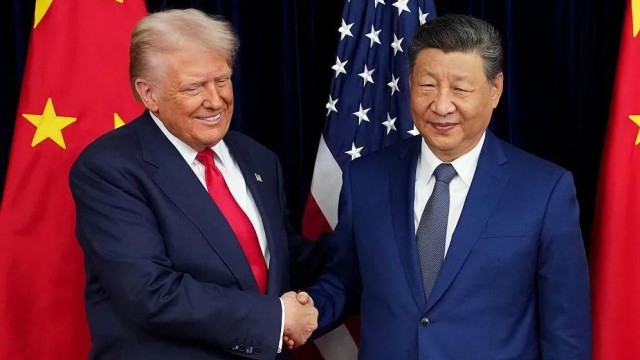
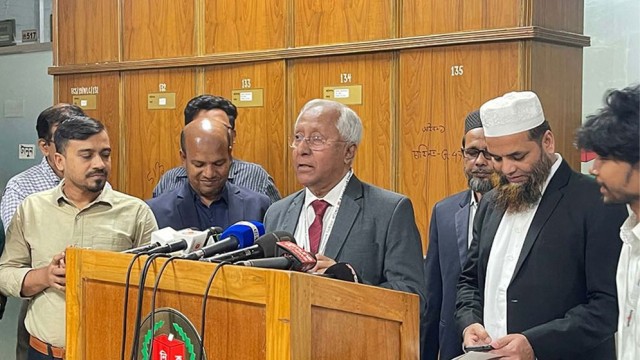
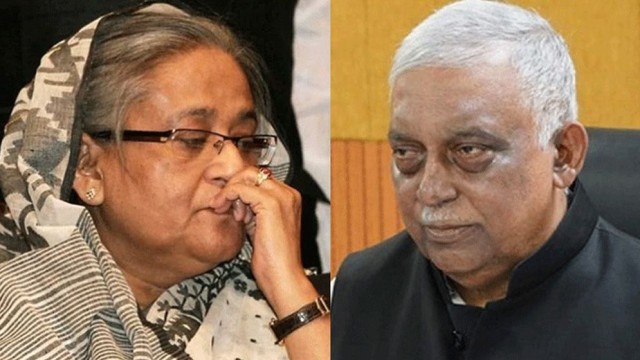

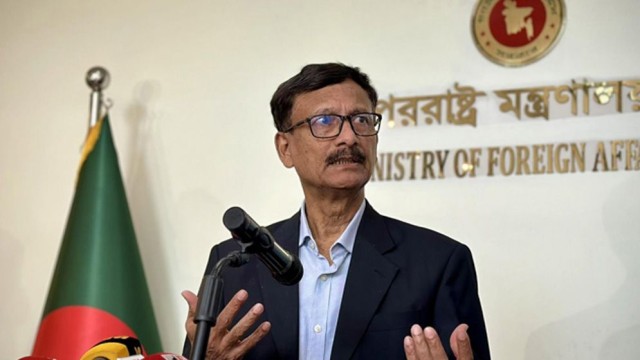
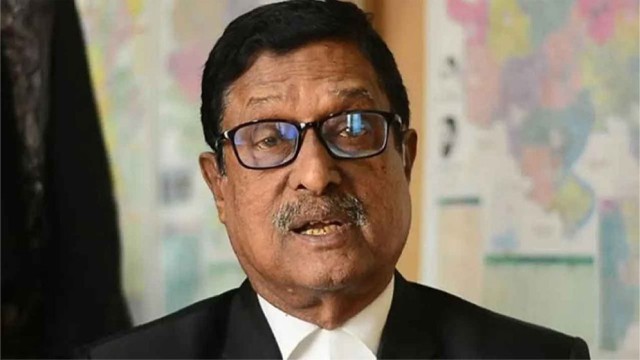

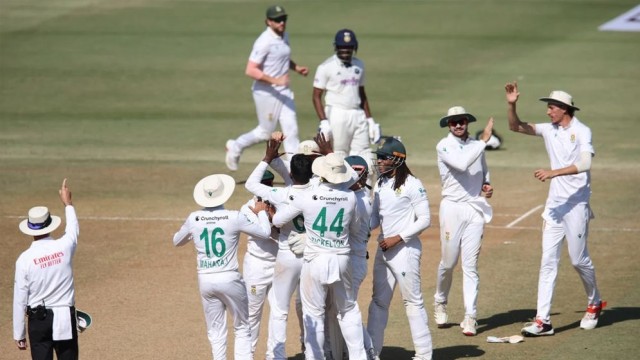
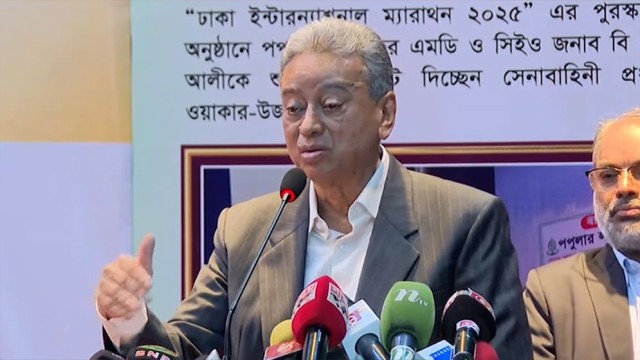
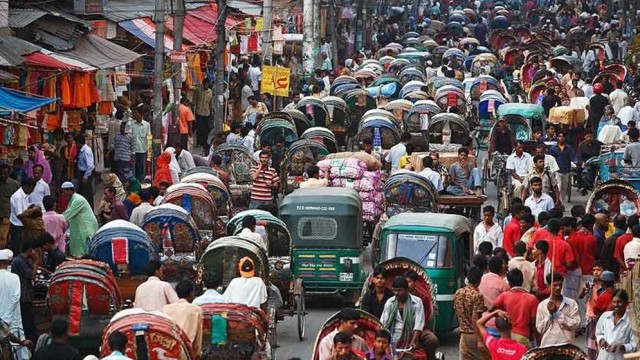
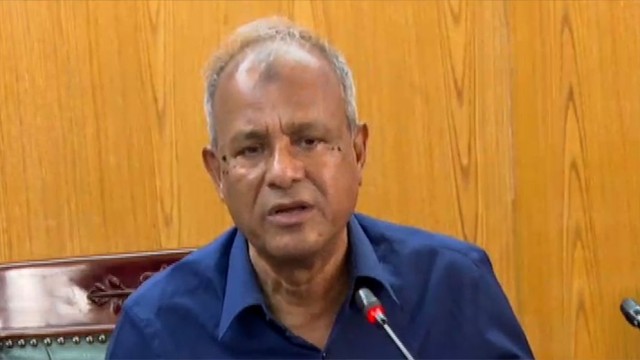


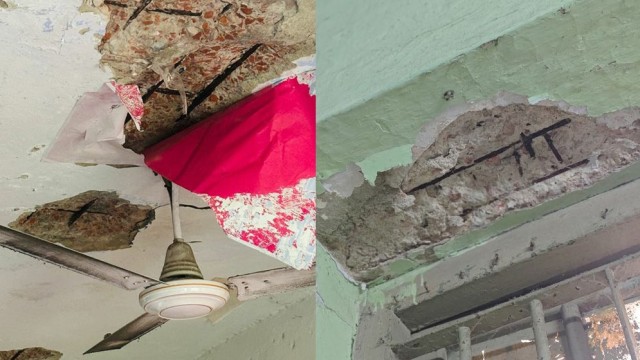




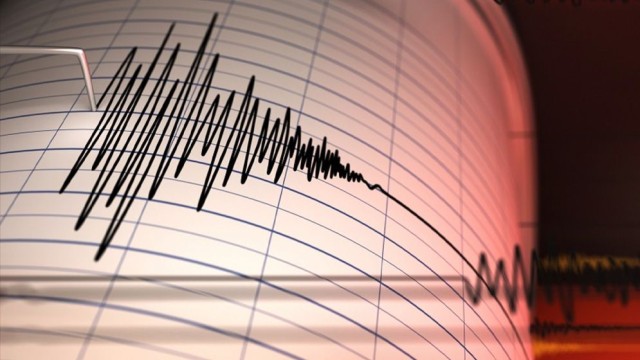

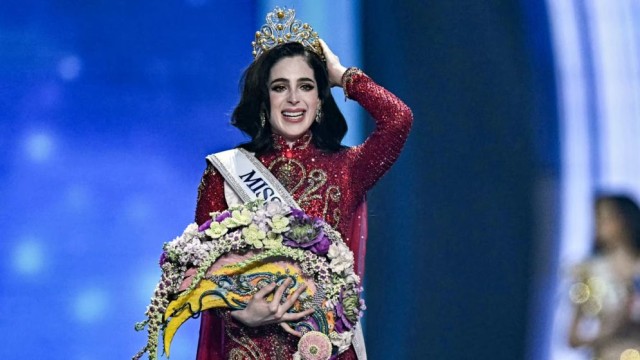

Comment: